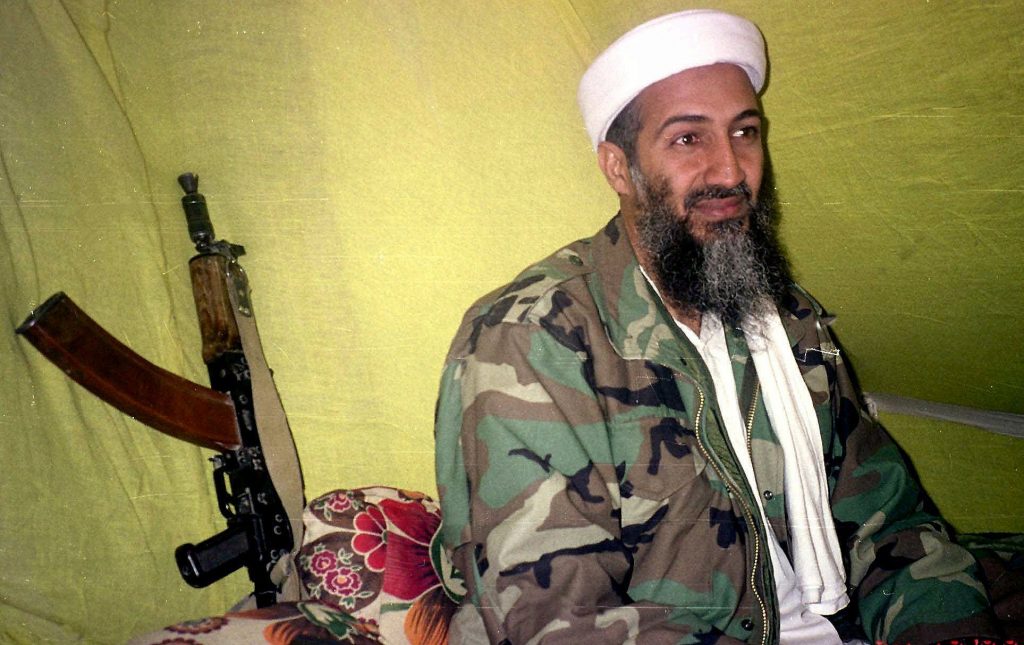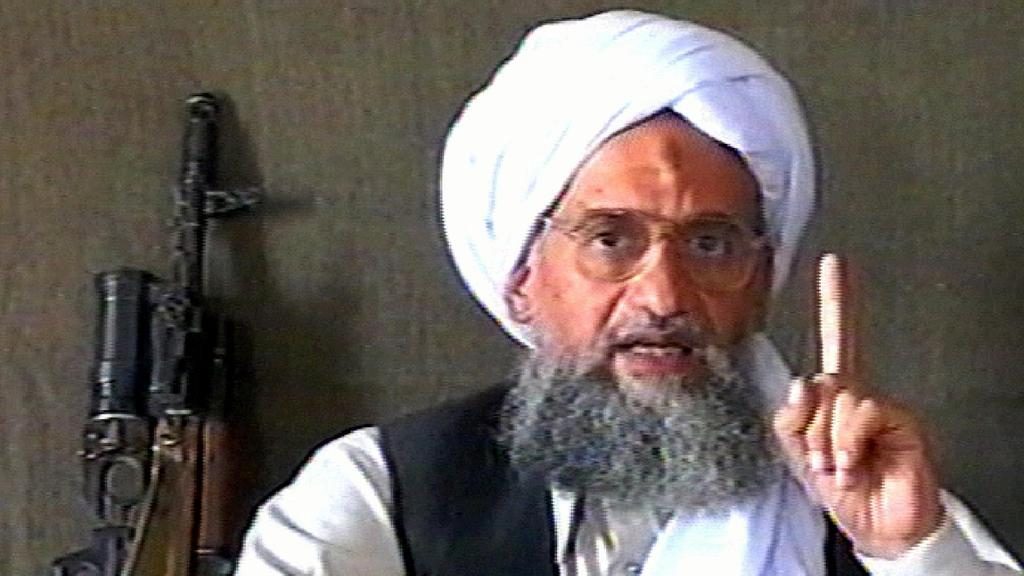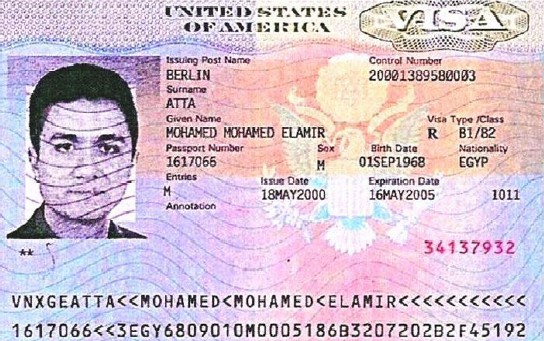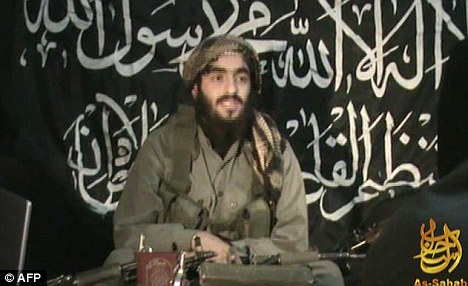9/11-Era Terrorist Leaders
Research reports
Key Leadership Roles in the 9/11 Terrorist Attack
Personality assessment of three al-Qaida leaders in the September 11, 2001 terrorist attack on the United States – Osama bin Laden, Ayman al-Zawahiri, and Mohamed Atta – provides evidence for a rudimentary model of the leadership roles required for a global-reach terrorist operation: (1) a narcissistic, charismatic leader devoid of core values beyond personal self-interest, adept at exploiting others in pursuit of his grandiose ambitions (e.g., bin Laden); (2) a strategic-thinking “true believer” without constraints of conscience regarding the level of violence he is willing to employ in his single-minded pursuit of mission (e.g., al-Zawahiri); and (3) unobtrusive, disciplined operatives willing to sacrifice themselves for a higher cause (e.g., Atta). The presence of three such radically different, distinctive personality types occupying key roles in a terrorist organization has important practical implications for combating terror.
http://digitalcommons.csbsju.edu/psychology_pubs/134/
The Personality Profile of al-Qaida Leader Osama bin Laden » http://digitalcommons.csbsju.edu/psychology_pubs/69/
“Bin Laden’s Brain”: The Abrasively Negativistic Personality of Dr. Ayman al-Zawahiri » http://digitalcommons.csbsju.edu/psychology_pubs/31/
The Personality Profile of September 11 Hijack Ringleader Mohamed Atta » http://digitalcommons.csbsju.edu/psychology_pubs/32/
Humam Khalil Abu-Mulal al-Balawi Fit Suicide Bomber Profile » http://www.immelman.us/news/balawi-fit-suicide-bomber-profile/















Follow Aubrey Immelman